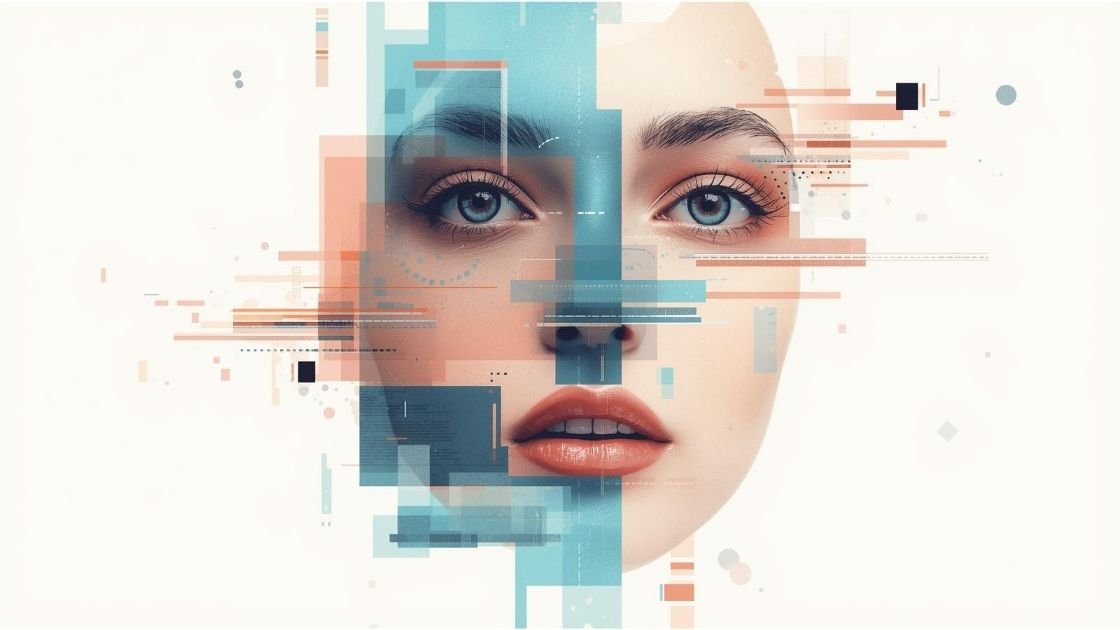Nowadays, our idea of beauty is changing because of technology. Social media and apps let us edit our faces with filters or AI in just a few seconds. We can smooth skin, change our eyes, or even reshape our features. While this can be fun and creative, it also makes many people compare themselves to a fake version of themselves. Technology is changing how we see our faces, and it can affect both confidence and mental health.
6 Ways Technology is Changing Beauty
1. Introduction: A New Kind of Mirror
In the age of smartphones and social media, our mirrors have gone digital. Instead of seeing our true reflection, we often see a version shaped by filters and artificial intelligence. Apps can smooth our skin, brighten our eyes, and even change our facial features within seconds. While technology has made self-expression easier, it has also changed how we define and experience beauty sometimes in ways we don’t even notice.
2. The Rise of Filters and Virtual Beauty
Filters started as fun effects for selfies, but today they’re shaping global beauty standards. AI-driven beauty apps can now “enhance” a face automatically, erasing blemishes, reshaping lips, or slimming the jawline. The problem arises when people begin comparing their real selves to these edited versions. What was once a playful edit has now become an expectation. Many people feel pressured to look like their filtered photos, losing confidence in their natural beauty.
3. The Psychological Impact of Digital Perfection
Experts say that constant exposure to digitally altered faces can harm mental health. When social media feeds are filled with flawless, AI-edited faces, viewers start believing that such perfection is normal. This leads to insecurity, anxiety, and body image issues especially among teenagers. The brain begins to blur the line between reality and illusion, making it harder for people to accept their authentic appearance.
4. The Role of the Beauty Industry in the Digital Era
The beauty industry is adapting fast to this technological shift. Many professionals now combine innovation with authenticity. For instance, a beauty salon South Miami Beach might use digital consultations or AI skin analysis tools to personalize treatments. These tools help clients understand their skin better, but responsible salons also emphasize real beauty encouraging clients to appreciate themselves beyond filters.
5. When Technology Meets Self-Expression
Technology isn’t the enemy, it’s how we use it that matters. AI and filters can be powerful tools for creativity and fun. They allow people to experiment with styles before trying them in real life. For example, someone can test hair colors or makeup looks digitally before visiting the beauty salon South Miami Beach to make real changes. When used wisely, digital tools can inspire confidence instead of replacing authenticity.
6. Redefining Beauty in a Digital World
The future of beauty lies in balance embracing both technology and truth. Social media is slowly shifting toward authenticity, with influencers posting unfiltered, real-life images. This movement encourages people to love themselves as they are, reminding us that imperfections are what make us unique. Real beauty shines brightest when it’s genuine, not digitally perfected.
7. Conclusion:
Filters and AI may change how we see ourselves, but they can’t define who we truly are. The challenge today is not to reject technology, but to use it mindfully to enhance, not erase, our individuality. Beauty is not in algorithms; it’s in confidence, kindness, and authenticity. As we move forward in this digital age, let’s remember: real faces tell real stories, and that’s what makes them truly beautiful.




